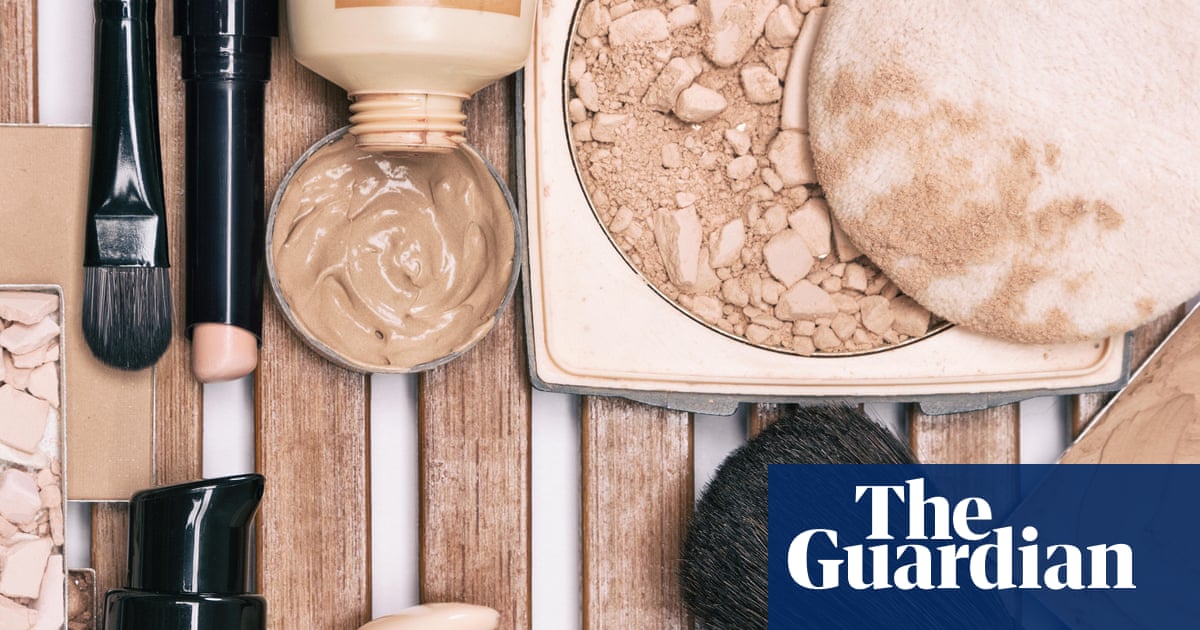The Food and Drug Administration is poised to kill a proposed rule that would require testing for toxic asbestos in talc-based cosmetics, a problem that has been linked to cancer.
Talc is widely used, including in cosmetics, food, medication and personal care products. The order was signed by health secretary Robert F Kennedy Jr, leader of the “Make America healthy again” (Maha) movement.
A stated cornerstone of the movement, which helped propel Donald Trump to office, is to help eliminate toxins like asbestos from food, medicine and personal care products. The move has shocked health campaigners
“Nothing could make America less healthy than having a cancer causing product in cosmetics,” said Scott Faber, vice-president of government affairs with the Environmental Working Group non-profit, which has lobbied for stricter regulations around talc. “It’s hard to understand why we would revoke a rule that simply requires companies to test for asbestos.”
The FDA did not immediately post a press release announcing the move, and did not immediately respond to a request for comment. But in a legal notice posted to the federal registry, the agency wrote that the decision was in response to comments it received about potential “unintended consequences” for companies that produce drugs, which suggests drugmakers were opposed to testing.
“Good cause exists to withdraw the proposed rule at this time,” the notice states.
Asbestos is a group of six naturally occurring fibrous minerals used to make products resist heat, fire and electricity. No safe level of exposure is considered safe, and it is banned in more than 50 countries. The substance is a known human carcinogen linked to an estimated 40,000 deaths annually.
Cosmetic companies have known since the 1950s that talc can be contaminated with asbestos, Faber said, but the public was not alerted in the early 1970s. Despite this, the industry persuaded the FDA to allow companies to rely on testing methods that can detect some, but not all, asbestos fibers.
Asbestos contamination has been regularly found in some talc-based cosmetics, including baby powder, which was disproportionately used by Black women. Personal care giant Johnson & Johnson discontinued US talc-based baby powder sales in 2020 amid mounting public pressure and nearly 38,000 lawsuits.
The company has so far paid out billions of dollars in settlements, and proposed another $6.5bn settlement for a class lawsuit alleging that it knowingly poisoned consumers. About 3,000 women in the UK last month took a case to the nation’s high court that alleges Johnson & Johnson poisoned them.
Despite its high toxicity, clear dangers and widespread use, regulating it has been a tortuous process. An initial 1989 EPA ban on its use in most products was quickly overturned by a court, and efforts to pass similar bans have failed over the decades.
Joe Biden’s EPA proposed a ban that was finalized late last year, but the Trump administration moved to withdraw it before reversing course in July.
The Cosmetics Modernization Act of 2022 included provisions that requires testing of talc-based cosmetics. The Biden administration began implementing the rule, but the Trump administration is now poised to kill it.
In its notice, the FDA said it was acting on Maha priorities in a complex area: “We are withdrawing the proposed rule to reconsider best means of addressing the issues covered by the proposed rule and broader principles to reduce exposure to asbestos, and to ensure that any standardized testing method requirements for detecting asbestos in talc-containing cosmetic products help protect users of talc-containing cosmetic products from harmful exposure to asbestos.”
Referring to RFK Jr, Faber said: “It’s tragic that a person who has used most of his career to protect people from cancer doing this.”
